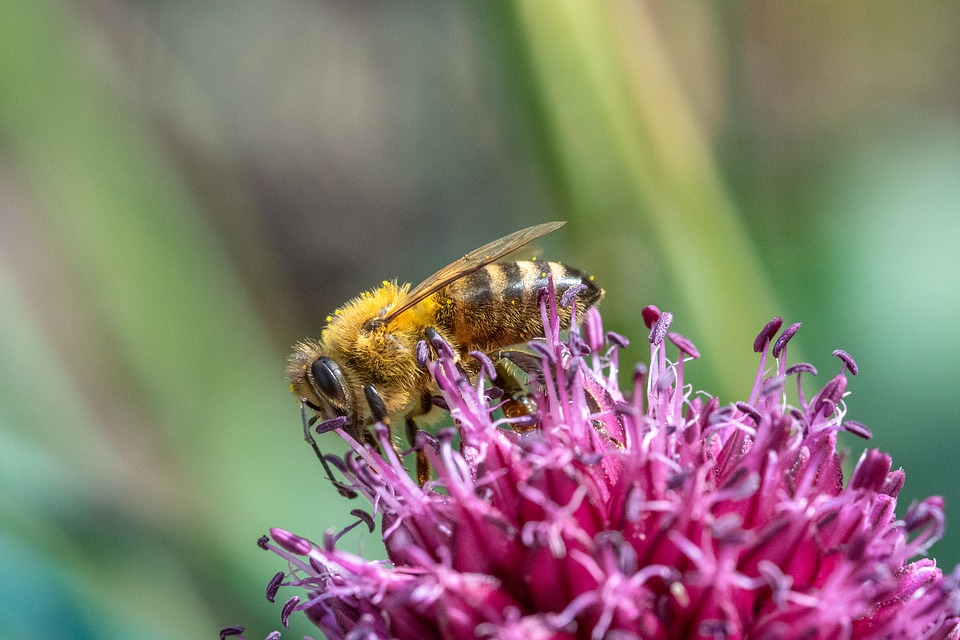[ad_1]
In a world filled with diverse cultures and traditions, regional customs play a crucial role in shaping societies and defining identities. From elaborate ceremonies to unique rituals, customs serve as a way for communities to celebrate their heritage and pass down traditions from generation to generation. In this article, we will delve into the fascinating world of regional customs around the globe, exploring their historical significance, current state, and potential future trends.
The Historical Context of Regional Customs
Regional customs have deep roots in history, often dating back centuries. These customs are often influenced by factors such as religion, geography, and historical events. For example, the Holi festival in India has its origins in Hindu mythology and is celebrated as a way to welcome spring and celebrate the victory of good over evil. Similarly, the Chinese New Year is a time-honored tradition that marks the beginning of the lunar new year and is steeped in symbolism and superstition.
– Historical significance: Regional customs often have deep cultural and historical significance, shaping the identity of communities and providing a sense of continuity with the past.
– Evolution over time: While some customs have remained relatively unchanged over the years, others have evolved to adapt to modern times and changing societal norms.
– Preservation efforts: In recent years, there has been a growing emphasis on preserving and promoting regional customs as a way to protect cultural heritage and promote diversity.
The Current State of Regional Customs
In today’s globalized world, regional customs face challenges in the face of cultural homogenization and modernization. Despite these challenges, many communities continue to celebrate and uphold their customs as a way to maintain their cultural identity. In some cases, regional customs have even gained international recognition and become major tourist attractions.
– Cultural tourism: Regional customs have become a popular draw for tourists seeking authentic cultural experiences, leading to the commercialization of some customs and the rise of cultural tourism.
– Cultural appropriation: In some cases, regional customs have been appropriated by outside cultures, leading to concerns about the exploitation of indigenous traditions and the erosion of cultural authenticity.
– Revival of customs: In recent years, there has been a resurgence of interest in traditional customs, with many communities making efforts to revive and preserve their cultural practices for future generations.
The Future of Regional Customs
As we look to the future, the fate of regional customs remains uncertain. While globalization presents challenges to traditional customs, it also offers opportunities for greater cultural exchange and collaboration. In an increasingly interconnected world, regional customs are likely to continue evolving and adapting to new realities.
– Technological advancements: Advances in technology have the potential to both preserve and transform regional customs, providing new platforms for sharing and celebrating cultural traditions.
– Globalization: The increasing interconnectedness of the world presents opportunities for the cross-pollination of customs and traditions, leading to the creation of new hybrid forms of cultural expression.
– Sustainability: In an era of climate change and environmental degradation, the sustainability of regional customs is also a growing concern, with communities facing the challenge of balancing tradition with the need for conservation.
Conclusion
Regional customs are a vibrant tapestry that adds color and richness to the world’s cultural landscape. As we continue to explore and celebrate the diversity of customs around the globe, it is important to remember the importance of preserving and promoting these traditions for future generations. By understanding and respecting regional customs, we can build bridges across cultures and foster greater understanding and appreciation for the diverse societies that make up our global community. Thank you for joining us on this journey of exploration, and we encourage you to continue learning about the fascinating world of regional customs through further resources and experiences.
[ad_2]
